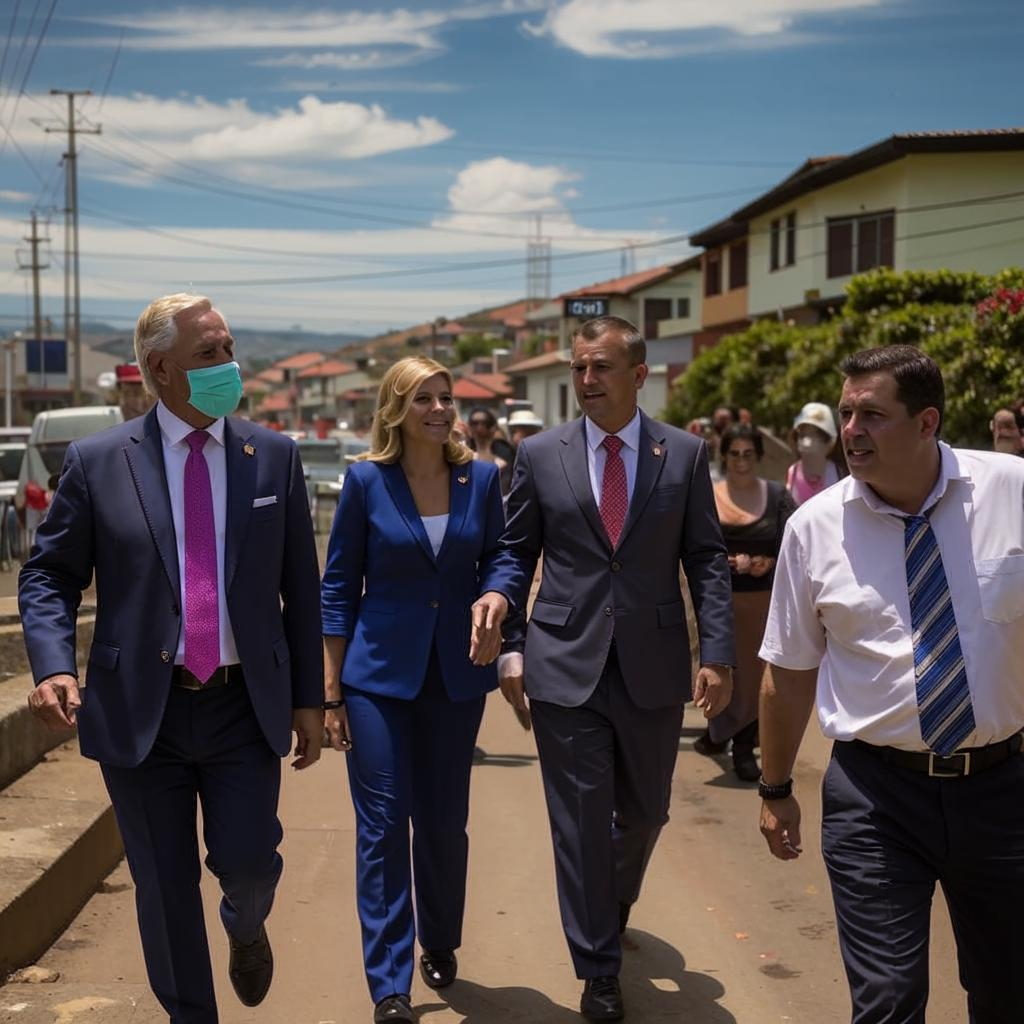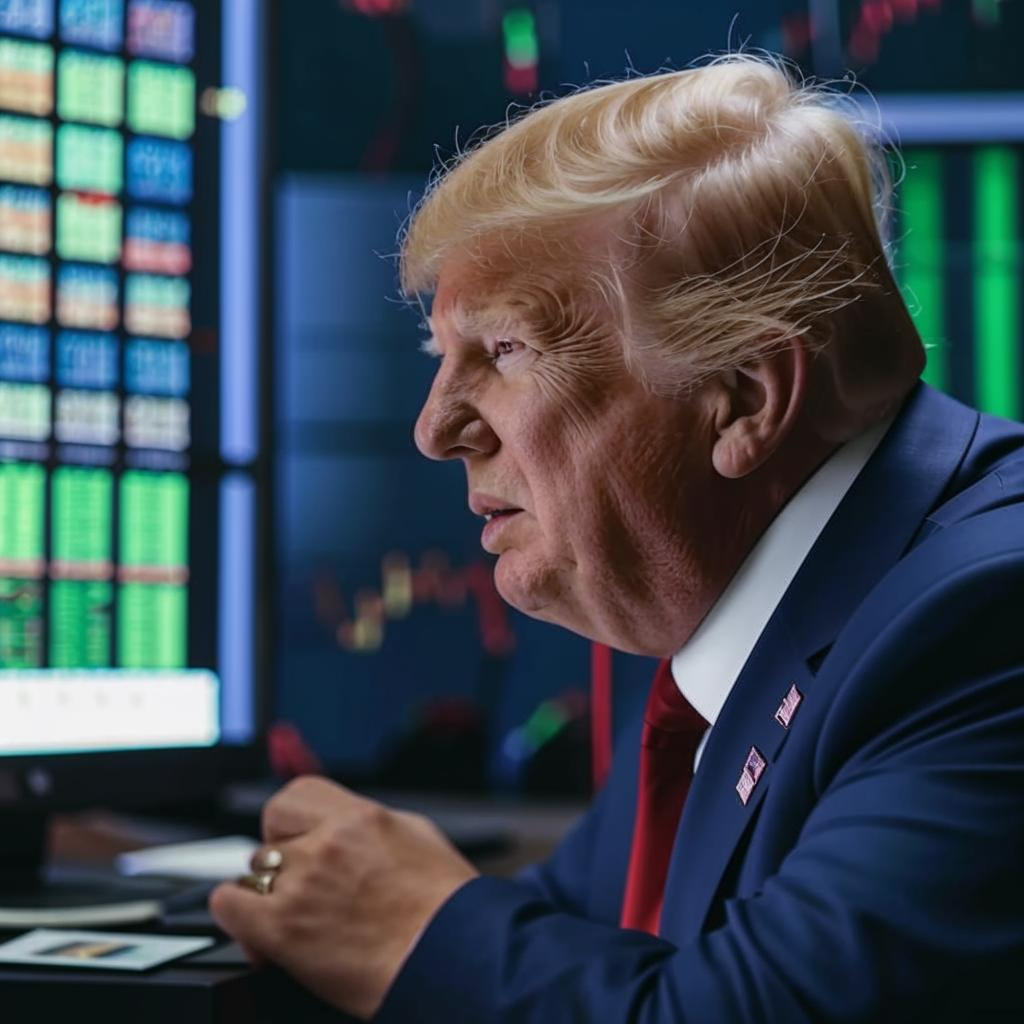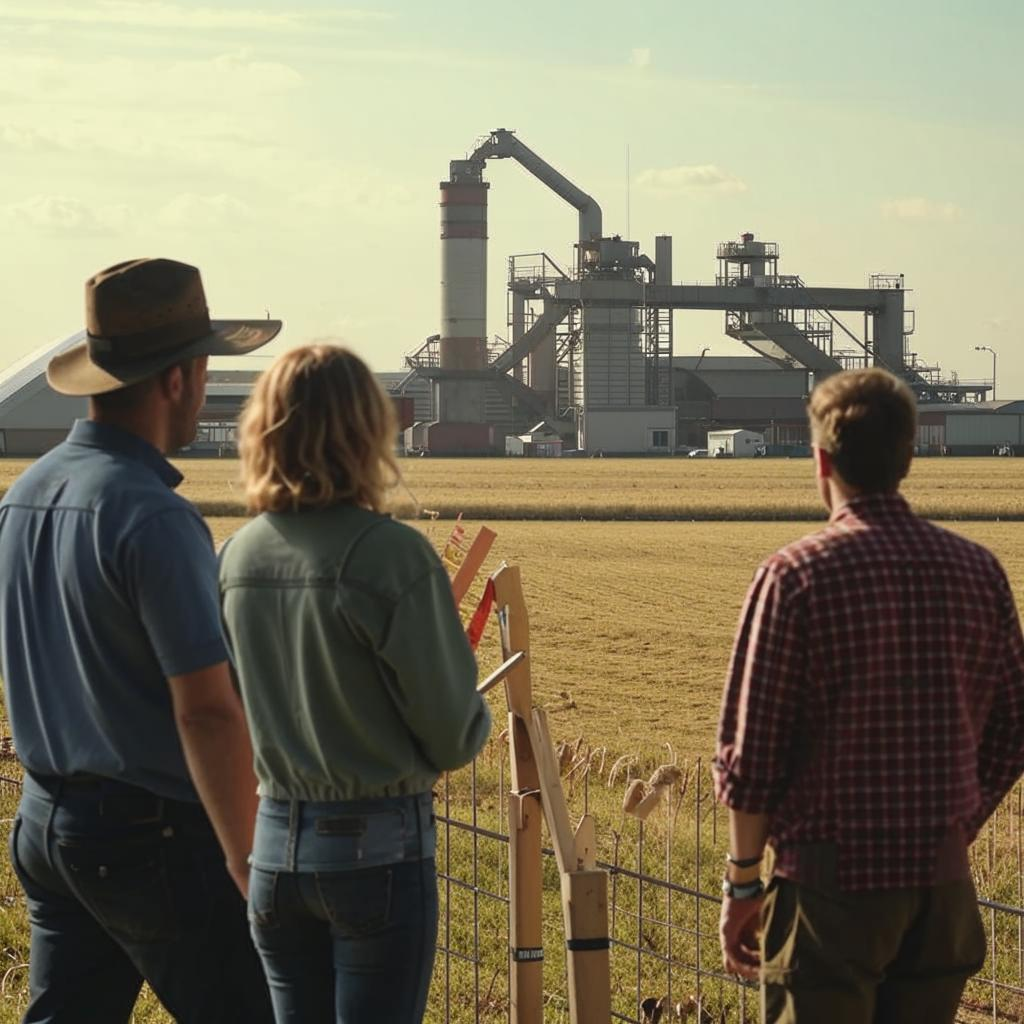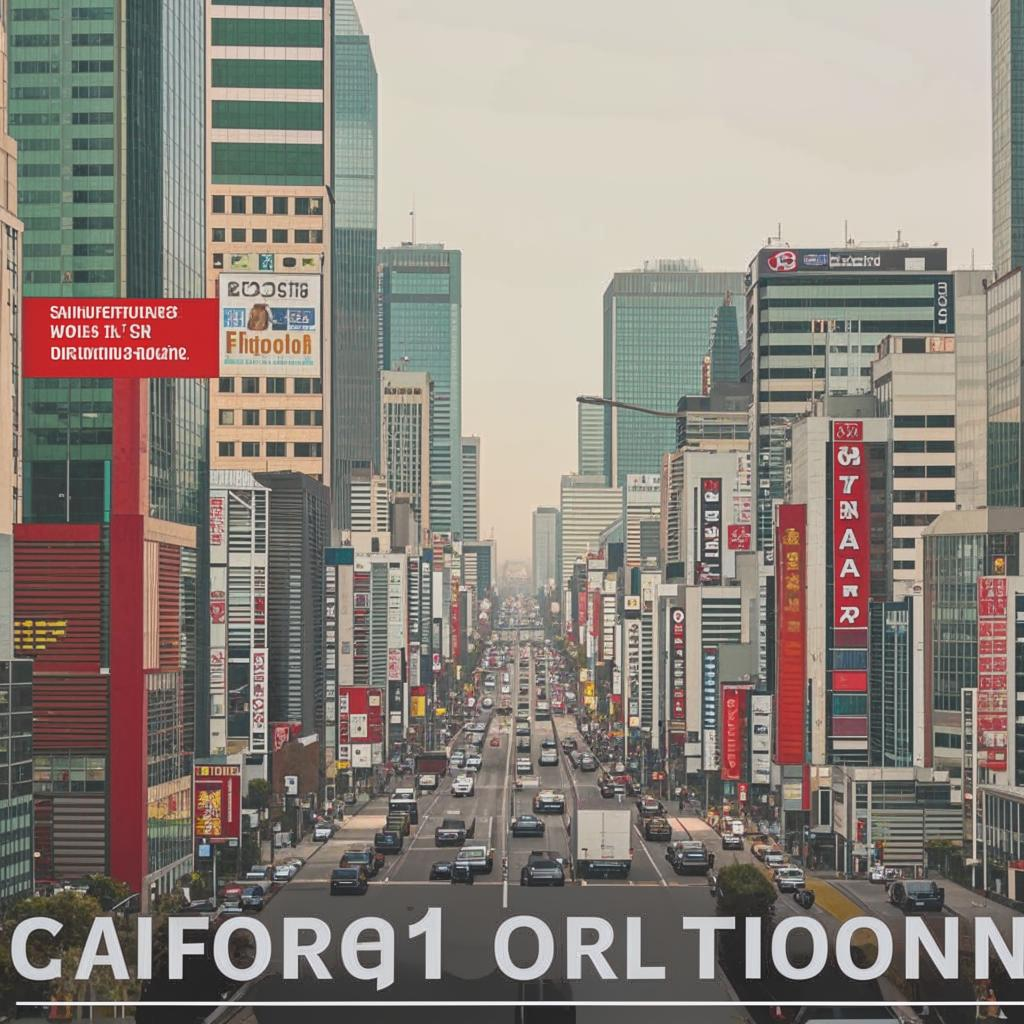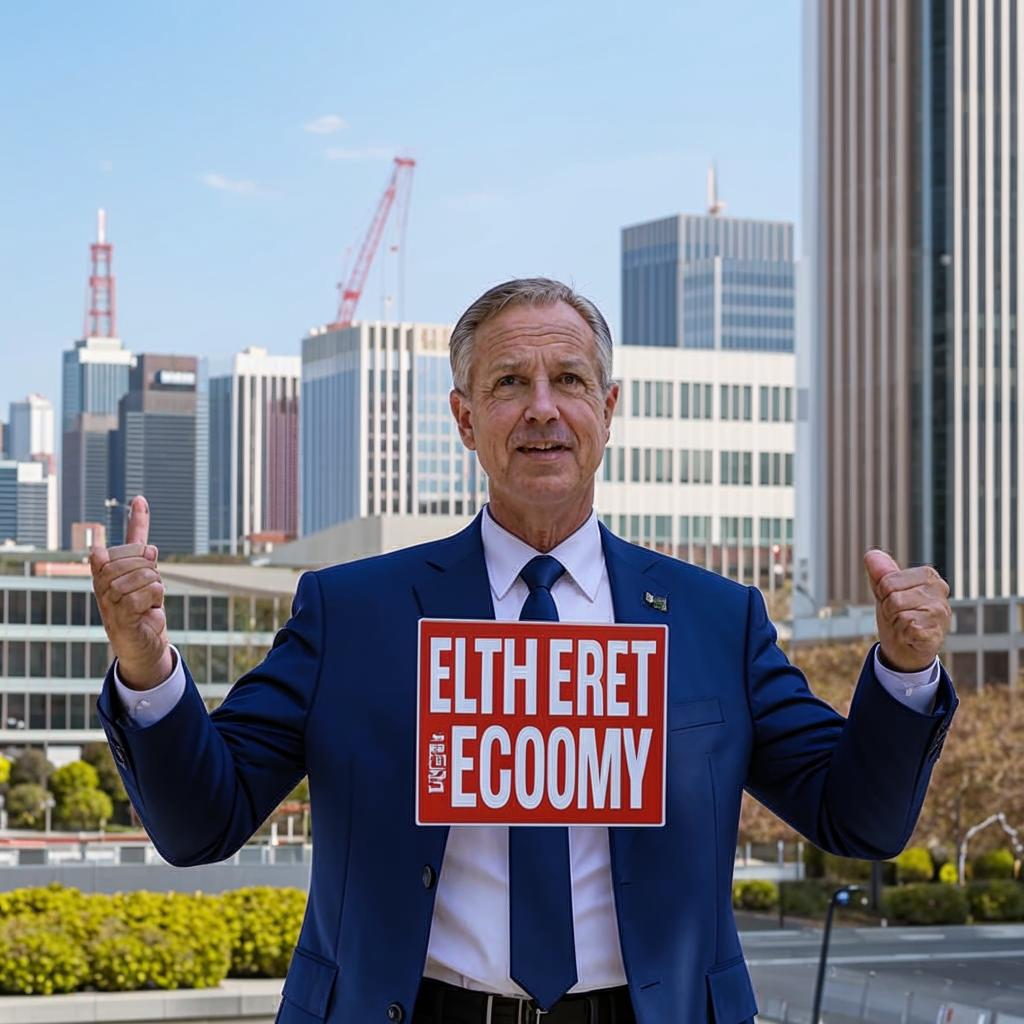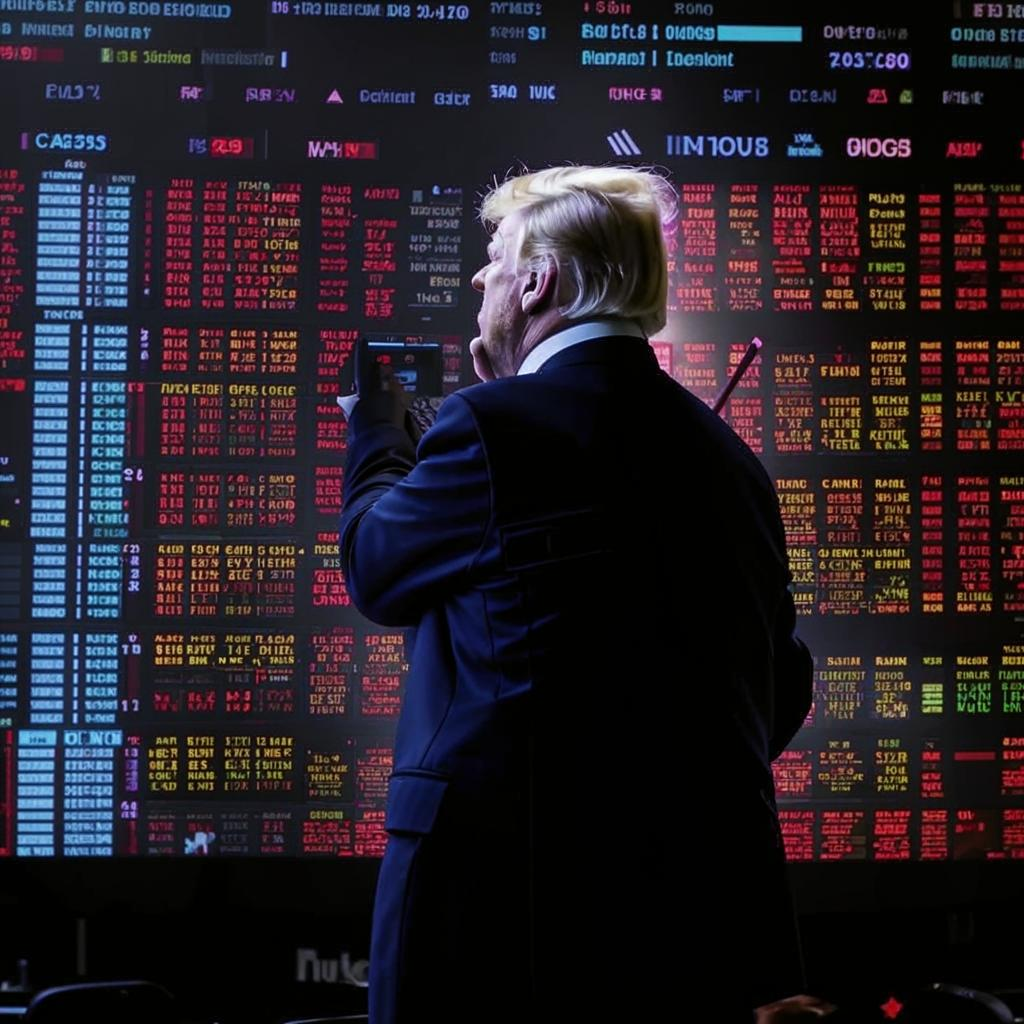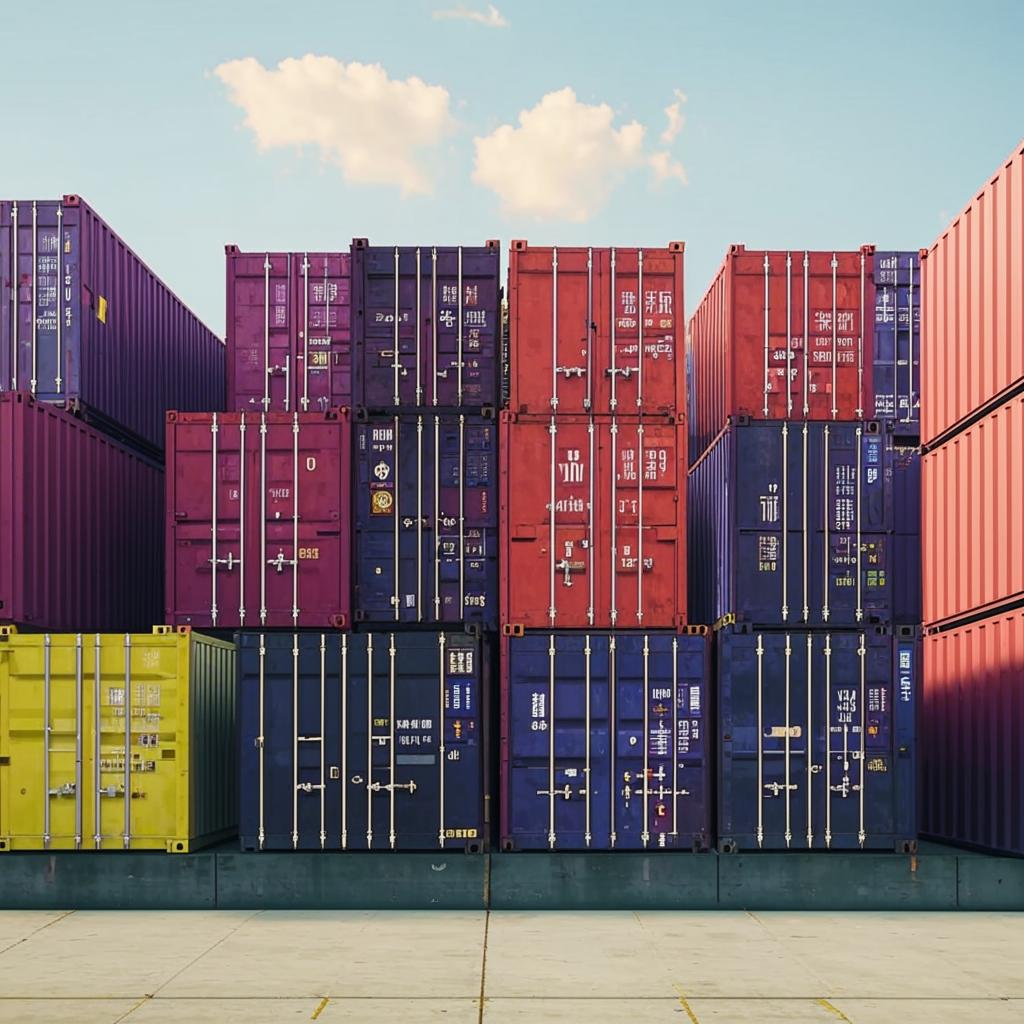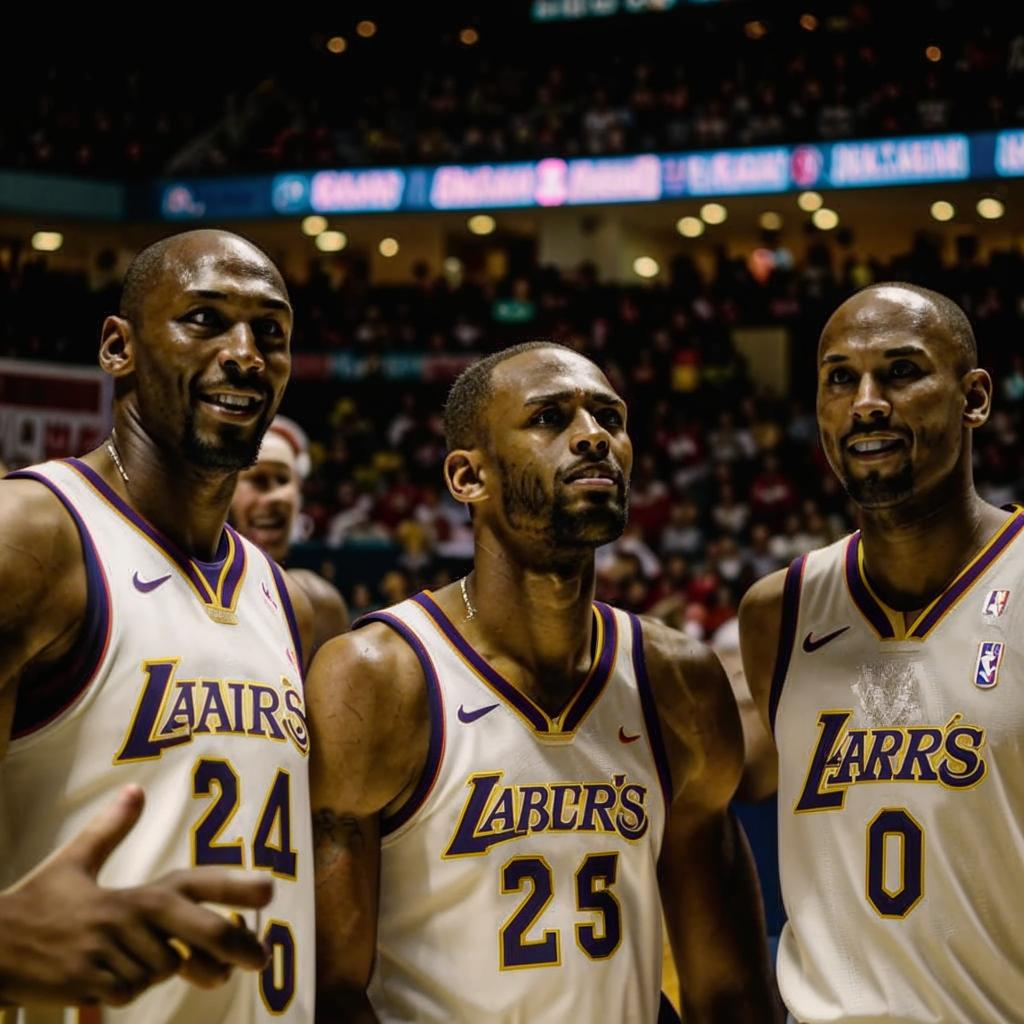President Bukele’s continued popularity in El Salvador is posing a challenge for Democrats as they attempt to highlight economic shortcomings of the Trump era. Recent trips by prominent Democratic figures to El Salvador, intended to foster diplomatic relations and address regional issues, have inadvertently boosted Bukele’s image, potentially undermining the Democrats’ efforts to draw a contrast with Trump’s policies.
Bukele’s high approval ratings stem from his aggressive crackdown on gang violence and promises of economic stability. While Democrats acknowledge the importance of engagement with Central American nations, these visits risk validating Bukele’s leadership, making it harder to criticize his human rights record or challenge his economic policies. This creates a paradox: Democrats need to address the root causes of migration and instability in the region, but engagement with Bukele, however necessary, could backfire domestically.
Critics argue that the optics of Democratic leaders meeting with Bukele send a mixed message, suggesting tacit approval of his governance. This could alienate some voters who are concerned about human rights abuses under Bukele’s administration and also weakens the Democrats’ arguments about Trump’s perceived authoritarian tendencies. The situation demands a careful balancing act: pursuing engagement while simultaneously holding Bukele accountable and clearly articulating the Democrats’ own vision for economic growth and democratic governance in Central America. Ultimately, Democrats must articulate a coherent foreign policy that advances U.S. interests without compromising their commitment to human rights and democratic values, or indirectly boosting a figure seen as controversial.
